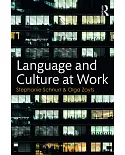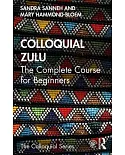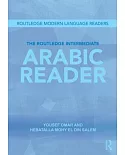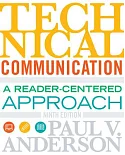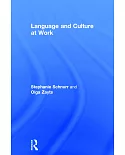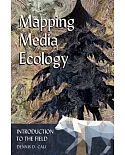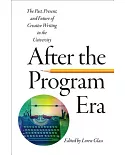El intelectual y la cultura de masas, by Javier García Liendo, studies the responses of Ángel Rama (Uruguay) and José María Arguedas (Peru) to the effects of mass culture on Andean indigenous
cultures and Latin American print culture during the second half of the twentieth century. It explores the part that Rama and Arguedas played in the conceptualization and promotion of new
cultural spaces made possible by commodification and industrialization, as capitalism transformed the imaginaries and materialities that had shaped their cultural projects for Andean and Latin
American cultures. Through a material analysis of print culture objects, in particular those resulting from Rama’s editorial ventures—such as pocket paperbacks and a popular encyclopedia—this
work examines the transformations occurring at the time in Latin America at the level of production and circulation of culture, and thus sheds light on the emergence of new networks of
communication between intellectuals and national and regional publics. Similarly, it explores the role of emergent communication technologies (sound recording and radio) in the reshaping of
rural indigenous cultures into a mass-oriented popular culture in Peru. In this context, Arguedas’s work with folklore and his later involvement in the Andean popular music scene in Lima are
studied as responses to a violent process of commercialization of traditional Andean musical culture, a result of mass migration from rural areas to cities and urbanization. Finally, this book
presents an understanding of Rama and Arguedas that transcends their categorization as literary critic and writer, respectively, by analyzing their work through the concept of practice, which
encompasses the totality of their work, including journalism, anthropology, folklore, editorial work, intellectual networking, and cultural promotion. Its chapters invite a rethinking of
established notions of the relation between culture and capitalism during the heyday of revolution in the Latin American intellectual field.


